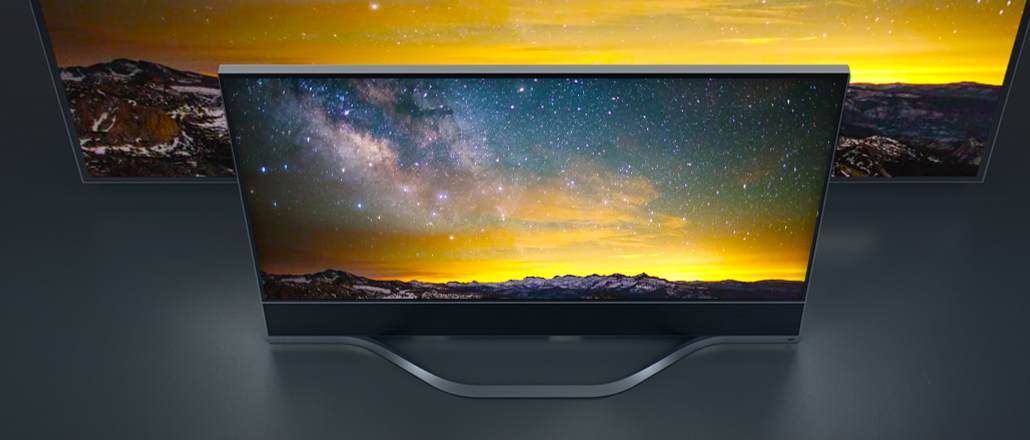Save 50% on a 3-month Digiday+ membership. Ends Dec 5.
How smart TV maker Vizio’s privacy settlement hurts programmatic TV advertisers

In the race toward The Internet of Things, smart TV maker Vizio has hit a major speed bump.
The brand will pay $2.2 million to settle a lawsuit alleging that it tracked and collected customers’ TV-viewing habits and then sold the data to third parties without their permission. But what appears to be primarily Vizio’s problem has considerable implications for the industry at large, say marketers, especially when it comes to issues of data and digital privacy.
“Unfortunately, issues like this make it harder for ethical marketers to be smarter and more relevant in our messaging,” said Azher Ahmed, evp and director of digital at DDB. “These are exactly the kinds of things that at the very least open the window of doubt for consumers and, at worst, completely derail the progress smart technology has made.”
The FTC claimed that this was no innocent, anonymized data collection. The lawsuit alleged that Vizio has been using software to capture “highly-specific, second-by-second information about television viewing” in over 11 million smart TVs since 2014. It then matched those viewing habits to demographic information such as “sex, age, income, marital status” and more.
Vizio’s TVs did this through a feature called “Smart Interactivity,” which in turn was supposed to offer viewers “program offers or suggestions.” Not only did that not happen “for most televisions for more than two years,” according to the lawsuit, but the company also made no admissions of pervasively tracking viewer habits through the setting. Further, even older TVs that did not have the feature originally were updated and opted into the program.
“Consumers have no qualms about sharing their data, just take Fitbit, for example,” said Troy Kelley, evp and group account director at Deutsch L.A. “The only condition is that it has to be an opt-in and provide them some kind of value in exchange. That clearly did not happen here.”
Vizio has responded by crafting a set of “best practices” for the collection of such data, saying that it was “leading the way” on consent practices going forward. The company downplayed the FTC’s allegations in a statement released by Jerry Huang, its general counsel, saying Vizio “never paired viewing data with personally identifiable information such as name or contact information.”
Ad position: web_incontent_pos1
But the damage to the Vizio brand may already be done. As the news of the settlement spreads, negative online sentiment continues to strengthen against the company. According to data crunched by Brandwatch, Vizio has been mentioned around 33,000 times on Twitter, Facebook and Instagram within the past seven days, with a majority of these mentions occurring on Feb. 6 (over 16,000 mentions) and 7 (over 13,700 mentions) when the news broke. In fact, the percent increase between Feb. 5 and 6 was more than 2,793 percent. Needless to say, Vizio’s overall sentiment from the past week is overwhelmingly negative (65.6 percent).
Beyond consumers, this also spells trouble for Vizio as far as its acquisition by electronics megacorp LeEco is concerned. LeEco had announced plans to buy Vizio last year for $2 billion, and this misstep may change the terms, said Ahmed.
Overall, Vizio’s stumble hurts the credibility of programmatic TV advertising above anything else, said Susan Noonan, executive director of media and analytics at Butler, Shine, Stern & Partners. She said that while she isn’t cautioning clients to avoid programmatic TV, it does bring into consideration another layer of discussions.
“This will definitely make advertisers more wary about going into the space until the consumer clarity has been provided,” she said. “The last thing I want is to have one of my brands inadvertently get tangled in the mess.”
The FTC may very well be looking to just make an example out of Vizio, given that $2.2 million is hardly a hefty sum. But if it indicates anything, it is that companies using smart TV software to their advantage will be required to get consumer consent.
Ad position: web_incontent_pos2
“Vizio is hardly the only brand out there that is illegally or unethically collecting consumer data. They just happen to be the one that got caught,” said John Barker, CEO at Barker. “Digital privacy is one of the most critical societal issues of this century, but ultimately, much will be determined by policy via the Trump Administration.”
More in Marketing

Ulta, Best Buy and Adidas dominate AI holiday shopping mentions
The brands that are seeing the biggest boost from this shift in consumer behavior are some of the biggest retailers.

U.K. retailer Boots leads brand efforts to invest in ad creative’s data layer
For media dollars to make an impact, brands need ad creative that actually hits. More CMOs are investing in pre- and post-flight measurement.
Ad position: web_bfu




